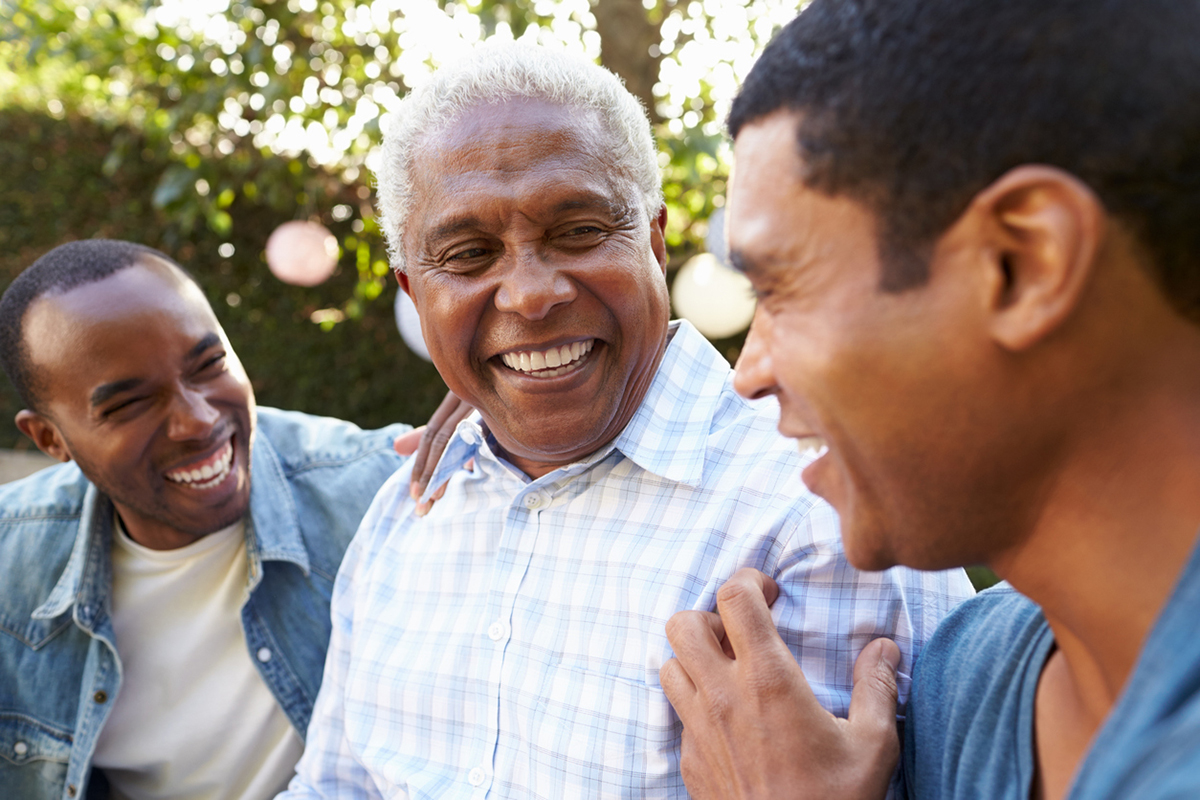prasad1
Active member
Aging is a fact of life and it affects all families. As adult children, when imagining our parents as seniors, we may not fully comprehend the extent to which their aging will affect them or how it will affect us. Indeed, if they are already seniors and still in good health and living independently we may not feel any dramatic changes or concerns. However, the time does come when effects of aging become more evident and long-term care may be needed.
An overall decline in physical and mental vitality may result in visible and even drastic changes to our parent’s appearance, the standard of life, and emotional well-being. The more aware we are of how aging can affect them, and what options are available to them as seniors and us as caring adult children, the better for all involved. Let’s take a moment to consider some essential things we should take into account regarding their welfare during aging and how in-home care can make all the difference.
Things to Consider
The well-being of our parents is our ultimate wish as they age and live out the last years of their lives. Elder care means considering a family member’s emotional, mental and physical well-being.
Activities of Daily Living (known as ADLs)
Essentials necessary to the dignity and physical and emotional well-being of our elderly parents is to ensure their daily living requirements are met effectively. The basic ADL activities are typically listed as:
MORE ADVICE
Taking an honest look at where an elderly parent needs support is the first step and then assess at all the possible solutions in order get them the help they need.
Instrumental Activities of Daily Living (IADLs)
Other types of daily living activities, not necessarily fundamental, but related to independent functioning are called instrumental activities of daily living (IADLs). IADLs most often refer to the following types of activities with long-term care:

 www.aginginplace.org
www.aginginplace.org
An overall decline in physical and mental vitality may result in visible and even drastic changes to our parent’s appearance, the standard of life, and emotional well-being. The more aware we are of how aging can affect them, and what options are available to them as seniors and us as caring adult children, the better for all involved. Let’s take a moment to consider some essential things we should take into account regarding their welfare during aging and how in-home care can make all the difference.
Things to Consider
The well-being of our parents is our ultimate wish as they age and live out the last years of their lives. Elder care means considering a family member’s emotional, mental and physical well-being.
Activities of Daily Living (known as ADLs)
Essentials necessary to the dignity and physical and emotional well-being of our elderly parents is to ensure their daily living requirements are met effectively. The basic ADL activities are typically listed as:
- Self-feeding
- Functional Mobility
(moving while performing activities, getting in and out of bed, in and out of a chair) - Dressing
- Bathing or Showering
- Personal Hygiene
(includes brushing/styling hair, shaving, grooming activities) - Toilet Hygiene
(includes getting to the toilet, self-cleaning, getting up from the toilet)
MORE ADVICE
Taking an honest look at where an elderly parent needs support is the first step and then assess at all the possible solutions in order get them the help they need.
Instrumental Activities of Daily Living (IADLs)
Other types of daily living activities, not necessarily fundamental, but related to independent functioning are called instrumental activities of daily living (IADLs). IADLs most often refer to the following types of activities with long-term care:
- Cooking and Preparing Meals
- Cleaning and Maintaining the Home
- Shopping and Buying Necessities
- Running Errands
- Managing Money and Paying Bills
- Speaking or Communicating on the Phone or Through Other Devices
- Taking Prescribed Medications

A Guide To Caring For Elderly Parents - AgingInPlace.org
Something to remember is that caring for elderly parents shouldn’t be a burden or responsibility to bear alone. Learn a few tips on how to care for seniors.
Last edited:
